Marrakech Film Festival is back after two years under a new artistic director Remi Bonhomie. With its fabulous climate, medieval walled Medina dating back to the Berber empire, exotic palaces and lush gardens – Yves Saint Laurent’s famous Majorelle is the standout – Marrakech is the ideal location for a winter festival celebrating international cinema with an emphasis on Moroccan and MENA film in general. The 19th edition includes an international competition, gala screenings, the Moroccan Panorama, and the 11th continent celebrating innovative film that challenge cinematic boundaries and
Here is the festival line-up:
INTERNATIONAL COMPETITION
ALMA VIVA
by Cristèle Alves Meira / Portugal
Principal Cast: Lua Michel, Ana Padrão, Jacqueline Corado, Duarte Pina, Catherine Salée
ASHKAL
by Youssef Chebbi / Tunisia
Principal Cast: Fatma Oussaifi, Mohamed Houcine Grayaa, Rami Harrabi, Hichem Riahi, Nabil Trabelsi, Bahri Rahali
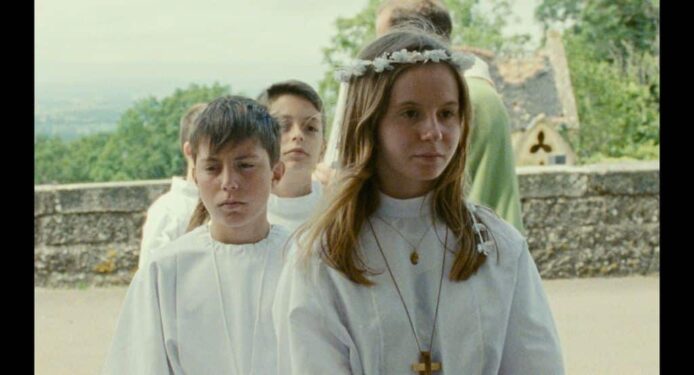
ASTRAKAN
by David Depesseville / France
Principal Cast: Mirko Giannini Samuel, Jehnny Beth, Bastien Bouillon
AUTOBIOGRAPHY
by Makbul Mubarak / Indonesia
Principal Cast: Kevin Ardilova, Arswendy Bening Swara, Haru Sandra, Rukman Rosadi, Yusuf Mahardika
THE BLUE CAFTAN (Le Bleu du Caftan/Azraq al-qaftan)
by Maryam Touzani / Morocco
Principal Cast: Lubna Azabal, Saleh Bakri, Ayoub Missioui
FARAWAY SONG (Cañçao ao Longe)
by Clarissa Campolina / Brazil
Principal Cast: Mônica Maria, Carlos Francisco, Jhon Narvaez, Margô Assis, Matilde Biagi, Ricardo Campos
PETROL
by Alena Lodkina / Australia
Principal Cast: Nathalie Morris, Hannah Lynch
RED SHOES (Zapatos rojos)
by Carlos Eichelmann Kaiser / Mexico Principal Cast: Eustacio Ascacio, Natalia Solian, Phanie Molina, Irine Herrera
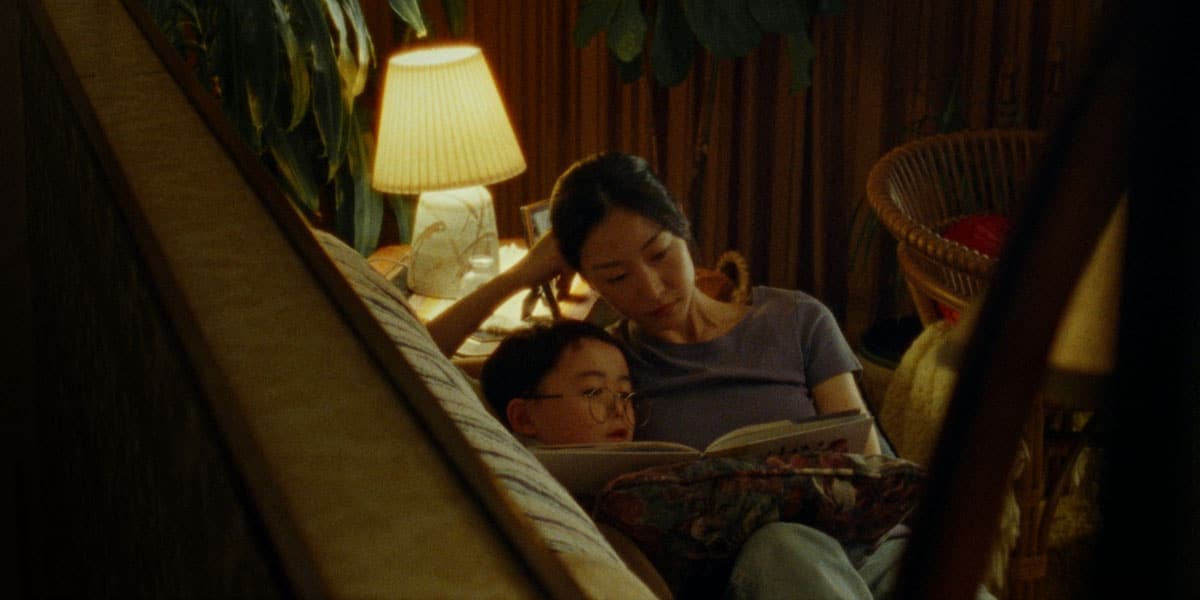
RICEBOY SLEEPS
by Anthony Shim / Canada
Principal Cast: Choi Seung-yoon, Ethan Hwang, Dohyun Noel Hwang, Anthony Shim, Hunter Dillon
SAVAGE (Amina)
by Ahmed Abdullahi / Sweden
Principal Cast: Nimco Ahmed Ali, Jamilah Mohamed Kirih, Ariane Castellanos
SNOW AND THE BEAR (Kar ve Ayı)
by Selcen Ergun / Turkey
Principal Cast: Merve Dizdar, Saygın Soysal, Asiye Dinçsoy, Erkan Bektaş, Derya Pınar Ak
A TALE OF SHEMROON (Chevalier noir)
by Emad Aleebrahim Dehkordi / Iran
Principal Cast: Iman Sayad Borhani, Payar Allahyari, Masoumeh Beygi, Behzad Dorani
THE TASTE OF APPLES IS RED (Ta’am al-tufah, ahmar)
by Ehab Tarabieh / Syria
Principal Cast: Mariam J. Khoury, Tarik Kopty, Rula Blal, Hussien Rumiah, Maisa Abd Elhadi, Suheil Haddad
THUNDER (Foudre)
by Carmen Jaquier / Switzerland
Principal Cast: Lilith Grasmug, Mermoz Melchior, Benjamin Python, Noah Watzlawick, Sabine Timoteo
GALA SCREENINGS
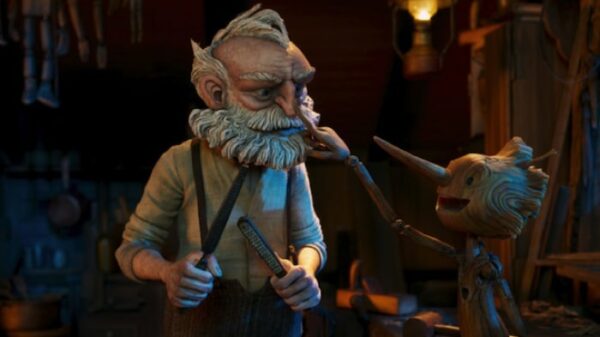
Opening Film
GUILLERMO DEL TORO’S PINOCCHIO
by Guillermo del Toro / Mexico et Mark Gustafson / USA
Principal Cast: Ewan McGregor, David Bradley, Gregory Mann, Finn Wolfhard, Cate Blanchett, John Turturro, Ron Perlman, Tim Blake Nelson, Burn Gorman, Christoph Waltz, Tilda Swinton
ARMAGEDDON TIME
by James Gray / USA
Principal Cast: Anne Hathaway, Jeremy Strong, Banks Repeta, Anthony Hopkins
BOY FROM HEAVEN (Walad min al-janna)
by Tarik Saleh / Sweden
Principal Cast: Tawfeek Barhom, Fares Fares, Mohammad Bakri, Makram J. Khoury, Mehdi Dehbi
MARLOWE
by Neil Jordan / Ireland
Principal Cast: Liam Neeson, Diane Kruger, Jessica Lange, Alan Cumming, Danny Huston
MASTER GARDENER
by Paul Schrader / USA
Principal Cast: Joel Edgerton, Sigourney Weaver, Quintessa Swindell
MEDITERRANEAN FEVER
by Maha Haj / Palestine
Principal Cast: Amer Hlehel, Ashraf Farah, Anat Hadid, Samir Elias, Cynthia Saleem, Shaden Kanboura
THE SITTING DUCK (La Syndicaliste)
by Jean-Paul Salomé / France
Principal Cast: Isabelle Huppert, Grégory Gadebois, François-Xavier Demaison, Pierre Deladonchamps, Alexandra Maria Lara, Gilles Cohen with the participation of de Marina Foïs, Yvan Attal
THE SWIMMERS
by Sally El Hosaini / Egypt/United Kingdom
Principal Cast: Mana Issa, Nathalie Issa, Matthias Schweighöfer, Ahmed Malek, James Krishna Floyd, Ali Suleiman
SPECIAL SCREENINGS
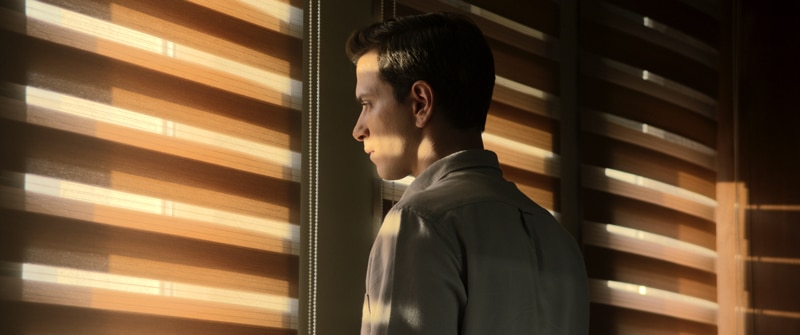
BURNING DAYS (Kurak Günler)
by Emin Alper / Turkey
Principal Cast: Selahattin Paşali, Ekin Koç, Erol Babaoğlu, Erdem Şenocak, Selin Yeninci
CORSAGE
by Marie Kreutzer / Austria
Principal Cast: Vicky Krieps, Florian Teichtmeister, Aaron Friesz, Katharina Lorenz, Jeanne Werner, Alma Hasun
THE DAMNED DON’T CRY
by Fyzal Boulifa / Morocco
Principal Cast: Abdellah El Hajjouji, Aïcha Tebbae, Antoine Reinartz
DECLARATION (Ariyippu)
by Mahesh Narayanan / India
Principal Cast: Kunchacko Boban, Divya Prabha, Lovleen Misra, Danish Husain, Kannan Arunasalam
THE ETERNAL DAUGHTER
by Joanna Hogg / United Kingdom
Principal Cast: Tilda Swinton, August Joshi,
Carly-Sophie Davies, Joseph Mydell, Crispin Buxton
GODLAND
(Vanskabte Land | Volga∂a Land)
by Hlynur Pálmason / Iceland
Principal Cast: Elliott Crosset Hove, Ingvar Sigur∂sson, Vic Carmen Sonne, Jacob Hauberg Lohmann, Ída Mekkín Hlynsdóttir
LES HARKIS
by Philippe Faucon / France
Principal Cast: Théo Cholbi, Mohamed Mouffok, Pierre Lottin, Yannick Choirat, Omar Boulakirba
MONICA
by Andrea Pallaoro / Italy
Principal Cast: Trace Lysette, Patricia Clarkson, Emily Browning, Joshua Close, Adriana Barraza
NAYOLA
by José Miguel Ribeiro / Portugal
Voices: Elisângela Rita, Vitória Soares, Feliciana Délcia Guia, Marinela Furtado, José Adelino Barcelo Carvalho
NO BEARS (Khers nist)
by Jafar Panahi / Iran
Principal Cast: Jafar Panahi, Naser Hashemi, Vahid Mobaseri, Bakhtiar Panjei, Mina Kavani
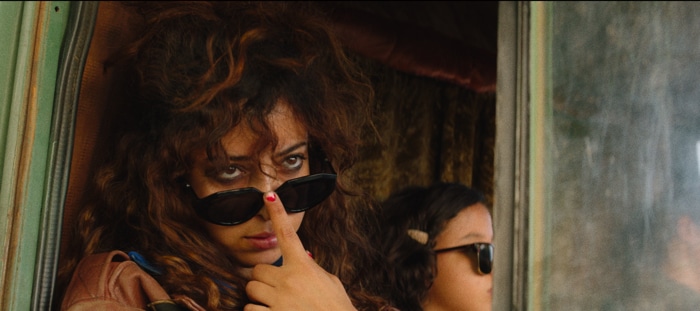
QUEENS (Reines)
by Yasmine Benkiran / Morocco
Principal Cast: Nisrin Erradi, Nisrine Benchara, Rayhan Guaran, Jalila Talemsi, Mohamed Nider Hamid
RETURN TO SEOUL (Retour à Seoul)
by Davy Chou / Cambodia
Principal Cast: Park Ji-min, Oh Kwang-rok, Guka Han, Kim Sun-young, Yoann Zimmer, Louis-Do Lencquesaing
RHINEGOLD (Rheingold)
by Fatih Akin / Germany
Principal Cast: Emilio Sakraya, Kardo Razzazi, Mona Pirzad, Arman Kashani, Hüseyin Top, Sogol Faghani
SAINT OMER (Saint-Omer)
by Alice Diop / France
Principal Cast: Kayije Kagame, Guslagie Malanda, Valérie Dréville, Aurélia Petit, Robert Cantarella
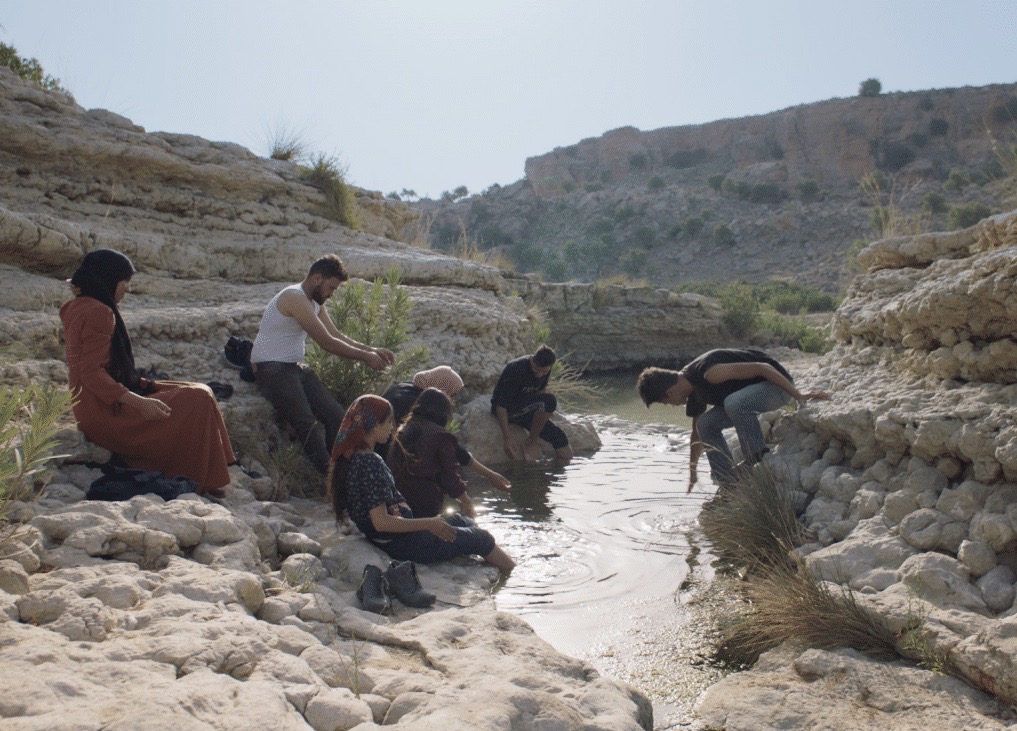
UNDER THE FIG TREES (Sous les figues)
by Erige Sehiri / Tunisia
Principal Cast: Fide Fdhili, Feten Fdhili, Ameni Fdhili, Samar Sifi, Leila Ouhebi
THE 11TH CONTINENT
BEIRUT AL-LIKA (Beirut, the Encounter)
by Borhane Alaouié / Lebanon
Principal Cast: Haitham El Amine, Nadine Acoury, Renée Deek, Refaat Haidar, Hussam Sabbah, Najwa Haidar, Rafic Najem (1981)
DRY GROUND BURNING (Mato seco em chamas)
by Joana Pimenta / Portugal
and Adirley Queiros / Brazil
Principal Cast: Joana Darc Furtado, Léa Alves Da Silva, Andreia Vieira, Débora Alencar, Gleide Firmino, Mara Alves
EAMI
by Paz Encina / Paraguay
Principal Cast: Anel Picanerai, Curia Chiquejno Etacoro, Ducubaide Chiquenoi, Basui Picanerai Etacore, Lucas Etacori
FATHER’S DAY
by Kivu Ruhorahoza / Rwanda
Principal Cast: Mediatrice Kayitesi, Aline Amike, Yves Kijyana, Cedric Gisubizo
FRAGMENTS FROM HEAVEN
by Adnane Baraka / Morocco
Documentary
With: Mohamed Oubakha, Abderrahman Ibhi, Lahcen Oubakha, Youssef Oubakha
IN FIELDS OF WORDS: CONVERSATIONS WITH SAMAR YAZBEK (As-sahel al-mumtani)
by Rania Stephan / Lebanon
Documentary
With: Samar Yazbek
MARINER OF THE MOUNTAINS (Marinheiro das Montanhas)
by Karim Aïnouz / Brazil
MUNA MOTO (The Child of Another)
by Jean-Pierre Dikongué-Pipa / Cameroon Principal Cast: David Endéné, Arlette Din Bell, Philippe Abia, Gisèle Dikongué-Pipa, Jeanne Mvondo (1975)

PACIFICTION
by Albert Serra / Spain
Principal Cast: Benoît Magimel, Pahoa Mahagafanau, Marc Susini, Matahi Pambrun, Alexandre Melo
POLARIS
by Ainara Vera / France
Documentary
REEL NO. 21 AKA RESTORING SOLIDARITY
by Mohanad Yaqubi / Palestine, Morocco
Documentary
REWIND & PLAY
by Alain Gomis / Senegal
Documentary
MARRAKECH FILM FESTIVAL | 11 -20 NOVEMBER 2022


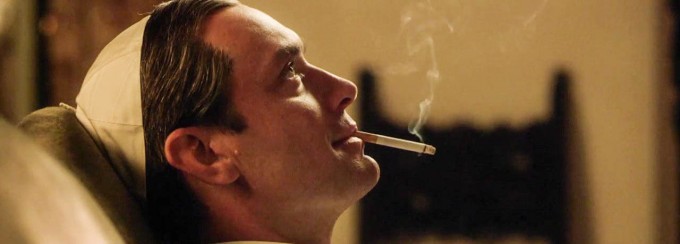
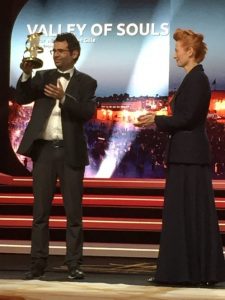 Dir|Wri: Nicolás Rincón Gille | Doc 136′ | Columbia, Belgium
Dir|Wri: Nicolás Rincón Gille | Doc 136′ | Columbia, Belgium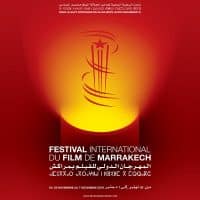 “Stanislavsky said there are no small parts, only small actors”. Harvey Keitel proved this when he took the ‘unadvertised lead’ with a few lines and made it into a memorable one as ‘a pimp standing in the doorway’ in Martin Scorsese’s Taxi Driver. Scorsese had wanted him to be the campaign worker, but he took his cue from years of living in Hell’s Kitchen amongst the drug traffickers and sex workers of the area. Spending two weeks learning to be the pimp after having first playing the girl during rehearsals the words of the real life pimp still send chills down his body: “Remember. You love her”
“Stanislavsky said there are no small parts, only small actors”. Harvey Keitel proved this when he took the ‘unadvertised lead’ with a few lines and made it into a memorable one as ‘a pimp standing in the doorway’ in Martin Scorsese’s Taxi Driver. Scorsese had wanted him to be the campaign worker, but he took his cue from years of living in Hell’s Kitchen amongst the drug traffickers and sex workers of the area. Spending two weeks learning to be the pimp after having first playing the girl during rehearsals the words of the real life pimp still send chills down his body: “Remember. You love her” Marrakech Film Festival is one of the most glamorous events in the film festival circuit attracting professionals and film lovers from all over the World and honouring global film in all its forms. This year’s International Competition Jury is headed by Tilda Swinton, who has starred in over 70 feature films, most recently in The Personal History of David Copperfield, and Wes Anderson latest comedy drama The French Dispatch which will premiere early next year.
Marrakech Film Festival is one of the most glamorous events in the film festival circuit attracting professionals and film lovers from all over the World and honouring global film in all its forms. This year’s International Competition Jury is headed by Tilda Swinton, who has starred in over 70 feature films, most recently in The Personal History of David Copperfield, and Wes Anderson latest comedy drama The French Dispatch which will premiere early next year.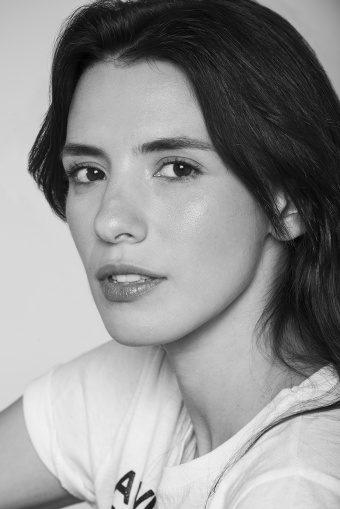
 Dir: Hajooj Kuka | Cast: Abdallah Ahur, Ganja Chakado, Ekram Marcus, Kamal Ramadan | Drama | 78’
Dir: Hajooj Kuka | Cast: Abdallah Ahur, Ganja Chakado, Ekram Marcus, Kamal Ramadan | Drama | 78’ We spoke to Competition Jury member Lynne Ramsay to talk about her latest project and the film that most impressed her as a child growing up in Glasgow.
We spoke to Competition Jury member Lynne Ramsay to talk about her latest project and the film that most impressed her as a child growing up in Glasgow.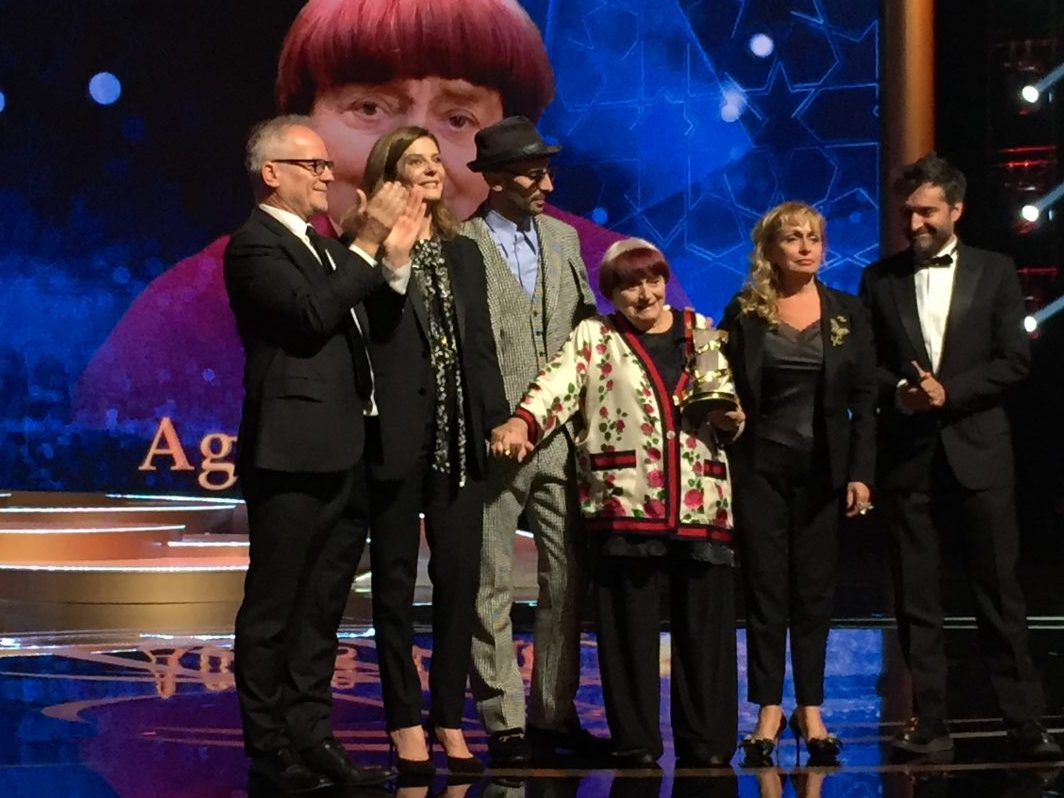
 Agnes Varda (b.1928 Belgium)
Agnes Varda (b.1928 Belgium) 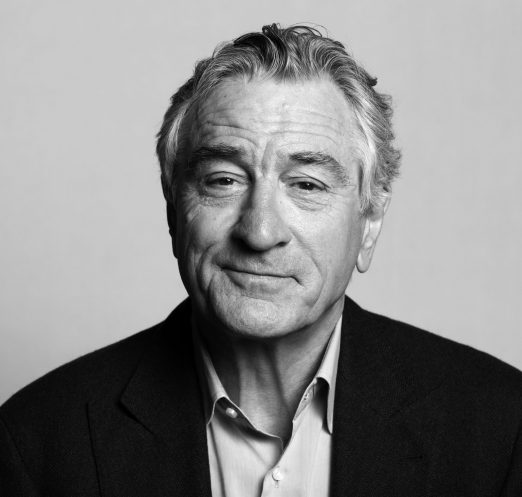 Robert De Niro. (b. 1943, US)
Robert De Niro. (b. 1943, US)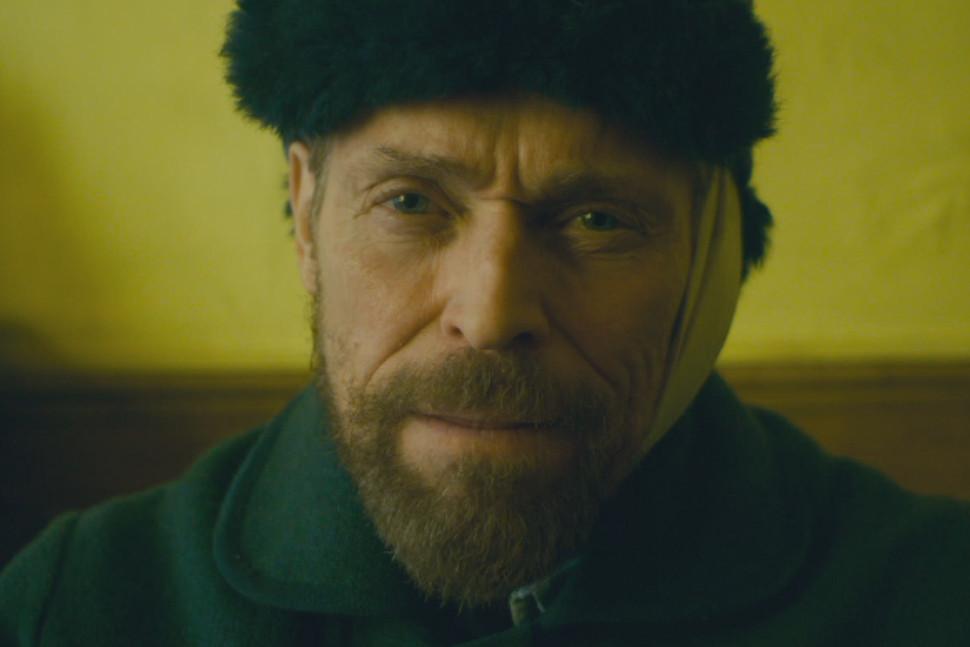
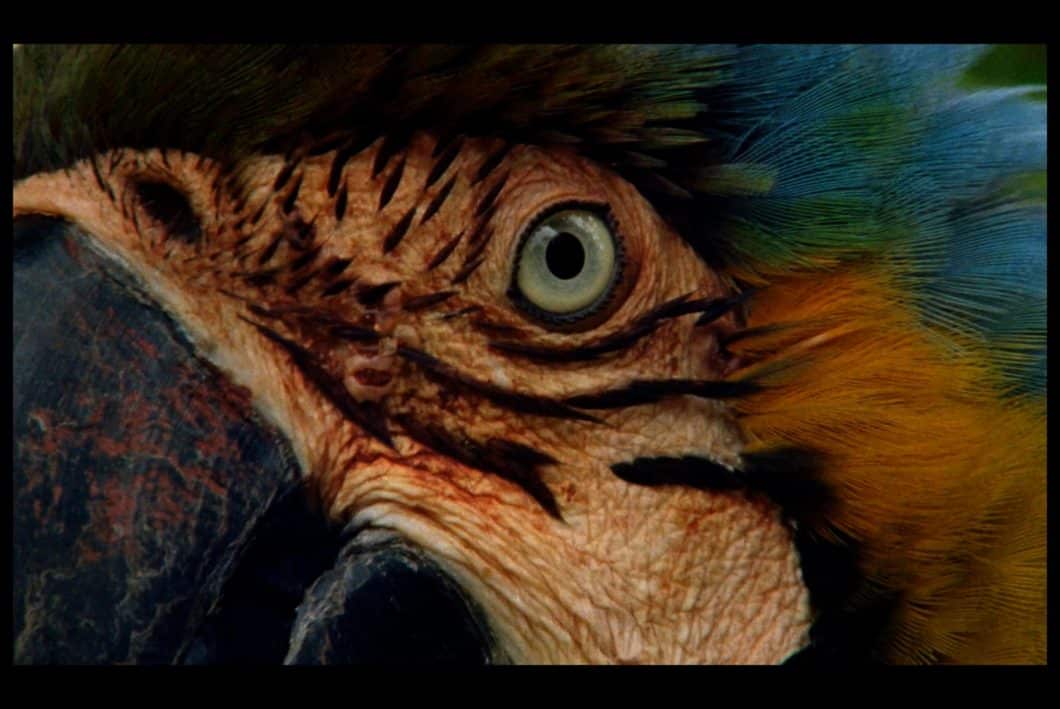
 Marrakech International Film Festival (FIFM) is back this year under the artistic control of its newly appointed director Christoph Terhechte. It will run from 30 November until 8 December 2018.
Marrakech International Film Festival (FIFM) is back this year under the artistic control of its newly appointed director Christoph Terhechte. It will run from 30 November until 8 December 2018.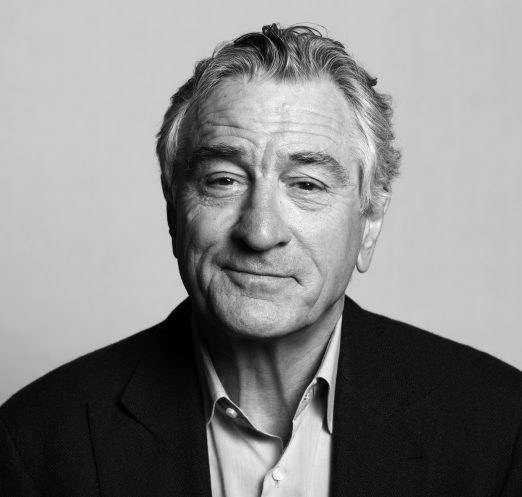 This year’s 17th Edition will also honour Robert De Niro, Agnès Varda and Robin Wright along with Moroccan filmmaker Jillali Ferhati. The festival president is James Gray. International stars in the shape of Martin Scorsese, Guillermo del Toro, Cristian Mungiu, and Yousry Nasrallah will also be gracing the Moroccan city and Medina. Along with Cannes luminary Thierry Fremaux.
This year’s 17th Edition will also honour Robert De Niro, Agnès Varda and Robin Wright along with Moroccan filmmaker Jillali Ferhati. The festival president is James Gray. International stars in the shape of Martin Scorsese, Guillermo del Toro, Cristian Mungiu, and Yousry Nasrallah will also be gracing the Moroccan city and Medina. Along with Cannes luminary Thierry Fremaux.
 US director James Gray will head the International Competition jury which includes actress Dakota Johnson (50 shades of Grey, Suspiria), Indian actress Ileana D’Cruz (Barfi!), Lebanese filmmaker and visual artist Joana Hadjithomas (I Want to See), British director Lynne Ramsay (We Need To Talk about Kevin, A Beautiful Day), Moroccan director Tala Hadid (House in the Fields), French director Laurent Cantet (The Class– Palme d’Or 2008), German Actor Daniel Brühl and Mexican director Michel Franco (April’s Daughter).
US director James Gray will head the International Competition jury which includes actress Dakota Johnson (50 shades of Grey, Suspiria), Indian actress Ileana D’Cruz (Barfi!), Lebanese filmmaker and visual artist Joana Hadjithomas (I Want to See), British director Lynne Ramsay (We Need To Talk about Kevin, A Beautiful Day), Moroccan director Tala Hadid (House in the Fields), French director Laurent Cantet (The Class– Palme d’Or 2008), German Actor Daniel Brühl and Mexican director Michel Franco (April’s Daughter).
